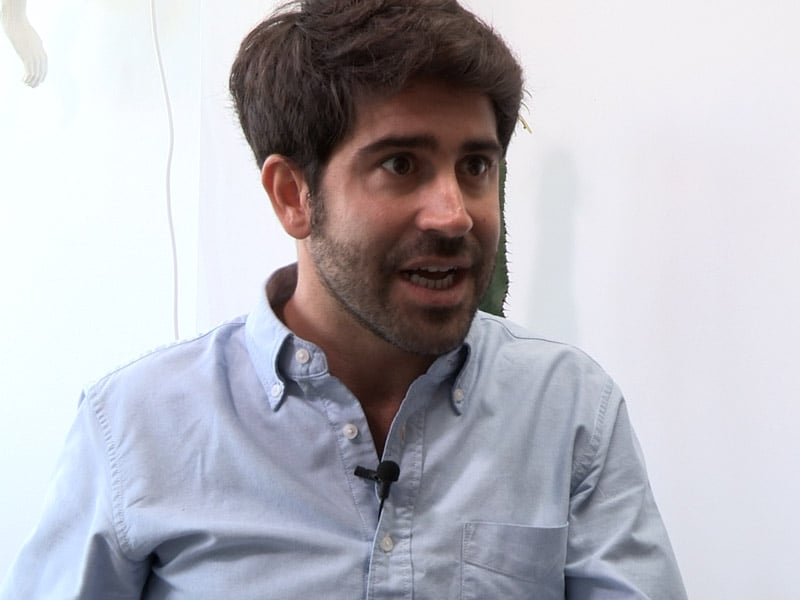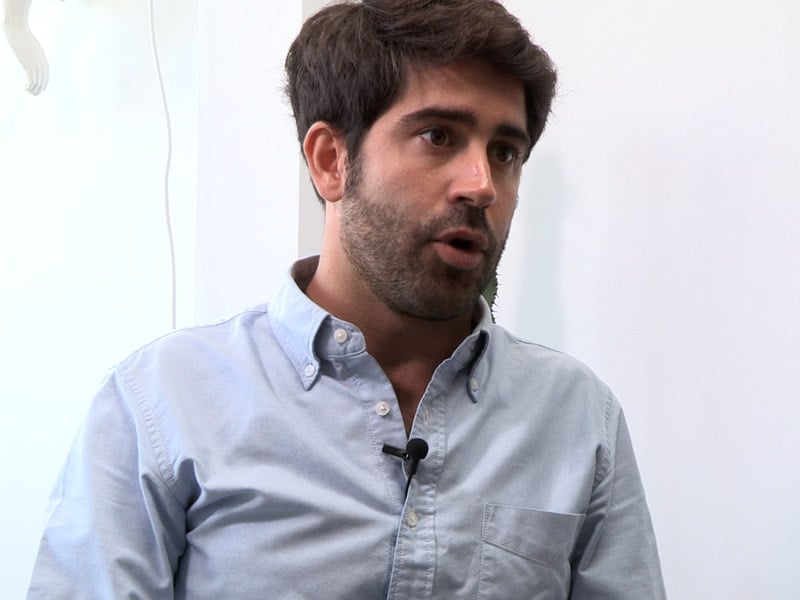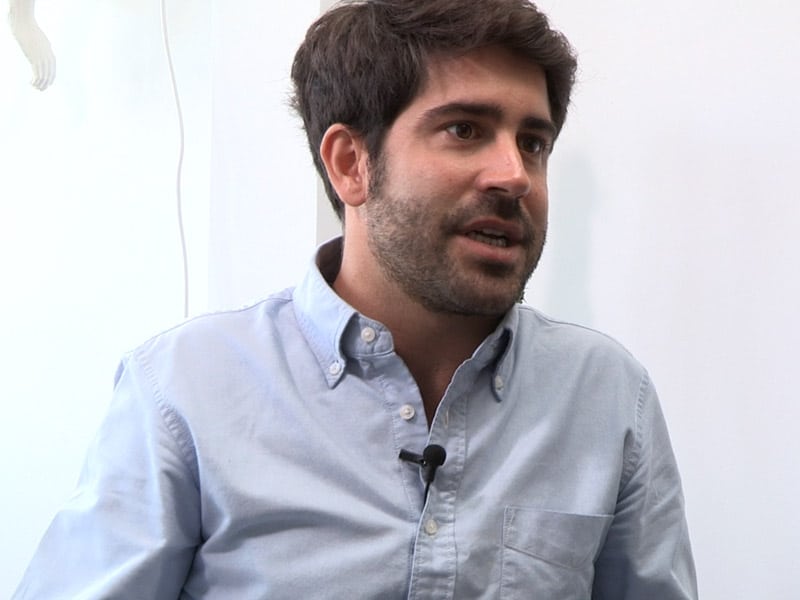The Rise of the Technocrats



ENGLISH
The technocrats are representative of the second half of Franco’s regime. Franco’s reign can be split: From the end of the civil war to approximately 1959. And from 1959 to 1970.
Then the transition, and the dictator’s death. Basically, the arrival of [the Technocrats] means the dictator needs the country to progress. Spain was a terribly impoverished land. Besides the devastation, the aftermath of war, it stood in a profoundly weak economic position.
So the dictatorship seeks to enlist specialists in [numerous] fields, and places them in the government so that they can formulate plans to rebuild the country, targeting economy and labor, primarily. These were the so-called Technocrats. Some of whom were members of Opus Dei, and they contributed technical expertise, in both the private and public sector.
It blocked the military from management of public policy. Instead, these roles were in the hands of experts, learned people, people with experience. This is obvious when comparing
Spain’s economic indicators… from the first part of Franco’s regime to the second. They are totally different. It’s nothing more than the measures taken by the dictator to retain power. If Spain remained as impoverished as it had been, with the military governing and exercising complete control, another revolution was on the horizon, and probably another [civil] war.
The dictator’s sense of self-preservation drove him to make these decisions. They did prove beneficial to society, but of course it was all couched in a system that granted people no say in who governed them.
CATALAN
Els tecnòcretes representen a la segona part del franquisme. El franquisme le podriem dividir des de finals de la guerra civil fins l’any 59 aproximadament, i del 59 al 70, la transició, fins la mort del dictador, recordo, al llit basicament respon a la necessitat que tenia el dictador de que el seu pais anes endevant. Espanya era un pais molt empobrit, a part de les ferides de la guerra i del que implicava.
Doncs tenia una posisció econòmica molt debil i per tant el que fa la dictadura es intentar captar a persones especialistes en els seus àmbits de treball i posarlos al govern per tal de que desenvolupin plans per tal d’aixecar de nou el pais sobretot des d’una perspectiva econòmica i laboral i aquests son els anomenats tecnòcretes, que a més a més procedeixen de l’Opus Dei en gran majoria i la funció dels quals es basicamet aportar l’expertise tècnic, de l’empresa fins i tot, en l’àmbit public per tant deixar que els militars no gestionin no tinguin la capacitat de gestio sobre la res publica o si mes no les polítiques publiques.
Deixar que aixo ho facin experts, persones formades, amb experiència i aixo evidentment es nota en quant als indicadors econòmics d’espanya en primera part del franquisme i el segon, son absolutament diferents per tant no deixa de seer una reposta a la necessitat que tenia el dictador per mantenirse al poder.
Si espanya continuava empobrida com estava, governada i liderada per militars en tots els seus estaments s’aixecava una altre revolució i ens podia portar a una seguent guerra provablament per tant la necessitat de supervivència que tenia en aquest cas la dictadura va portar a que prengues aquestes decisions que al cap i a la fi si que es veritat que van ser bones per a tots els ciutadants, pero clar van ser bones entenent que tenien un sistema que es basava en que la gent no tenia la capacitat de decidir qui la governava.